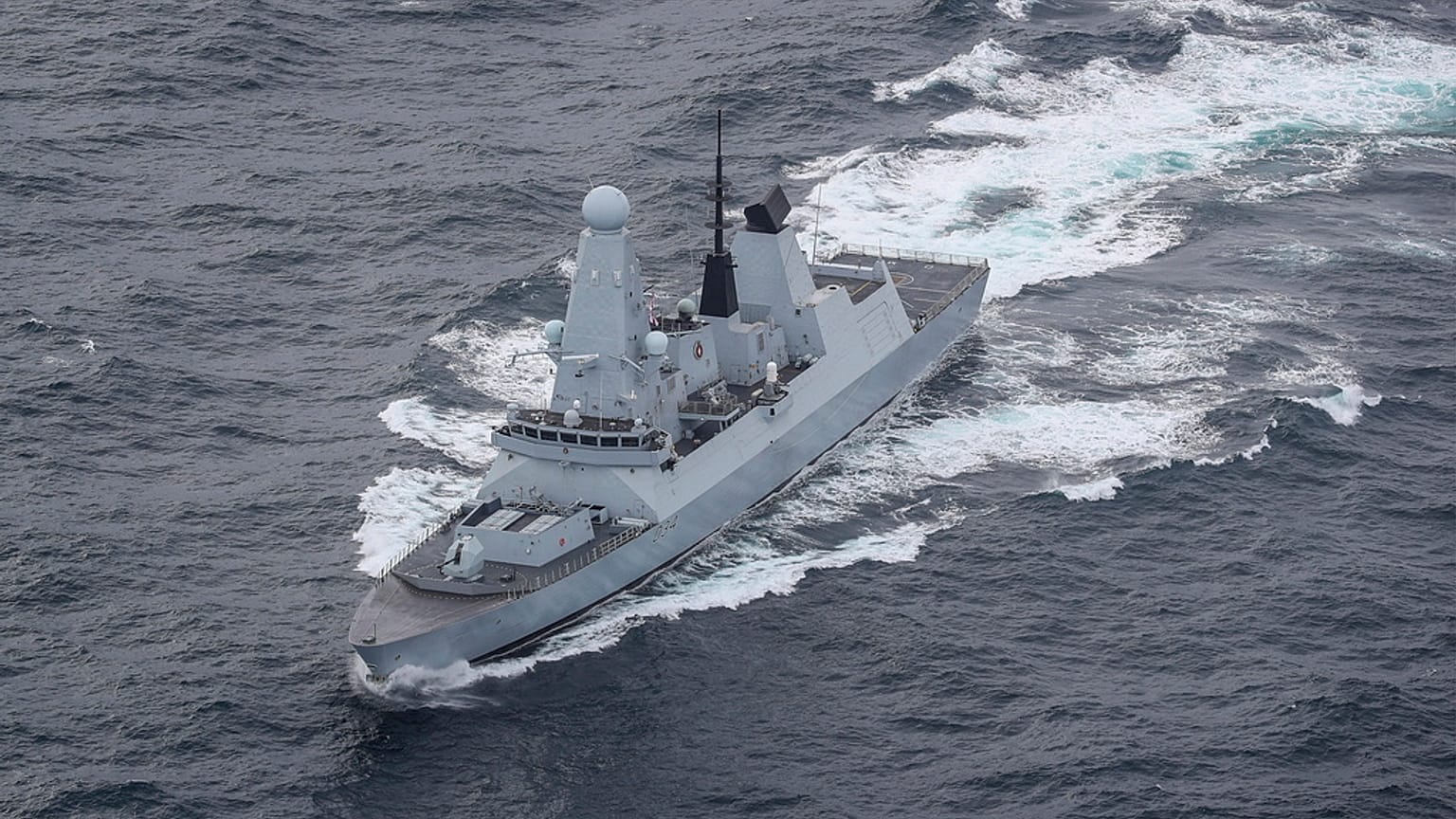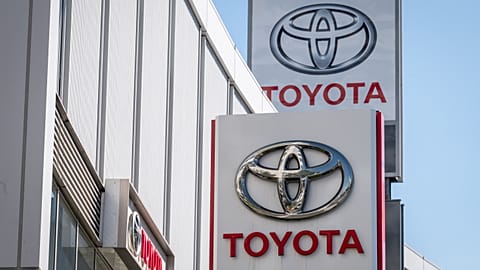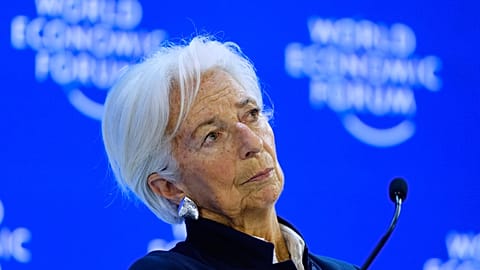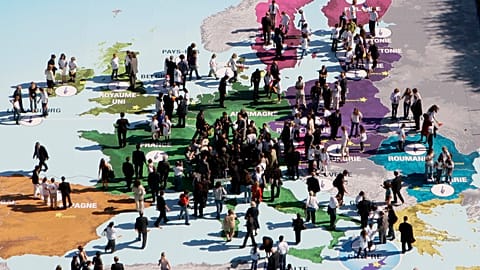Higher shipping costs and longer delivery times bring a new risk to global inflation.
The Red Sea is crucial to shipping more than 12% of the global maritime trade, yet recent attacks on commercial vessels in the area by Iran-backed Yemen's Houthi rebels have scared off some of the world's top shipping companies and oil giants.
 ADVERTISEMENT
ADVERTISEMENT
 ADVERTISEMENT
ADVERTISEMENT
The severe consequences due to trade disruptions will certainly have an impact on the economy and potentially push the recently easing inflation up again in Europe as well as across the globe.
The Houthis allegedly target Israeli-linked vessels, but missile, drone, or pirate attacks have been escalating over the past month against commercial vessels too.
Therefore major shipping companies MSC, Maersk, CMA CGM Group and Hapag-Lloyd, as well as British oil giant BP, said they would suspend their operations in the Red Sea.
How do the attacks affect trade?
Shipments of oil, liquid natural gas, and other energy supplies, as well as food products like palm oil and grain and most of the world's manufactured products, are all impacted.
"This is a problem for Europe. It's a problem for Asia," said John Stawpert, senior manager of environment and trade for the International Chamber of Shipping, which represents 80% of the world's commercial fleet.
He noted that 40% of Asia-Europe trade normally goes through the waterway. "It has the potential to have a huge economic impact," he said.
Among the economies most affected by the trade disruptions would be Greece, Jordan, Sri Lanka and Bulgaria, according to Bloomberg, which cited analysts. Those ships that choose to reroute will have to sail around Africa to reach Europe, which is estimated to cause seven to 10 days of delay, according to the report.
"The impact will be longer transit times, more fuel spent, more ships required, potential disruption and delays — at least in the first arrivals in Europe," said Simon Heaney, senior manager of container research for Drewry, a maritime research consultancy.
That brings up the cost of shipping, but "I don’t think it's going to go to the heights that it reached during the pandemic," Heaney said.
Stawpert said he would expect to see some price increases for consumers in the short term but that it depends on how long the security threat lasts.
Coordinated military response
Since Monday, after the US military's Central Command reported two more attacks on commercial vessels in the region, an international coalition has been set up to help combat the attacks.
"I am announcing the establishment of Operation Prosperity Guardian, an important new multinational security initiative," said US Defence Secretary Lloyd Austin in a statement released just after midnight in Bahrain.
About 400 commercial vessels are transiting the southern Red Sea at any given time, a senior military official told AP. According to him, under the new mission, the military ships will be positioned to provide umbrella protection to as many vessels as possible at a given time.
"Although the international naval response is welcomed, insurers and operators remain nervous," said Gabrielle Reid, associate director at global intelligence and cyber security consultancy S-RM. "Parts of Lloyds of London marine insurance market has expanded the high-risk zone in the Red Sea, while operators are choosing to re-route vessels along after but more costly routes."
The resilience of the global economy is about to be tested, after recent efforts to fight off the impacts of the COVID-19 pandemic and Russia's ongoing war in Ukraine. "Another knock to global supply chains or a rise in oil and gas prices will be a major concern for world economies as we enter a New Year," said Reid.

















